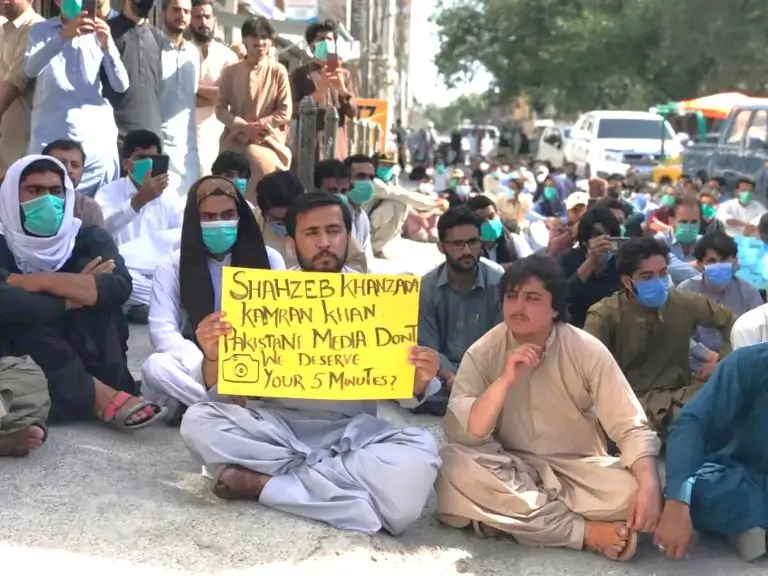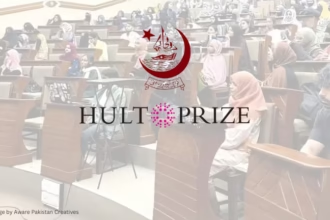In a stark display of media bias, the struggles and hardships faced by the Baloch people in Balochistan are systematically ignored by the mainstream Pakistani media. While the media readily amplifies even the minutest issues from other regions, the plight of Balochistan remains shrouded in silence.
Despite the ongoing crisis of fake encounters and forceful disappearances by security forces in Balochistan, not a single Pakistani media channel has deemed it necessary to shed light on the suffering of the Baloch people. Families from Balochistan have journeyed to the capital, establishing a token hunger strike camp in the National Press Club in Islamabad and pleading for the safe release of their loved ones. Astonishingly, the media, mere meters away, has turned a blind eye to their desperate pleas.
The lack of coverage raises questions about the integrity and responsibility of the Pakistani media, especially when elderly Baloch mothers, aged 70 or 80, have undertaken arduous journeys to Islamabad in the pursuit of justice. Their resilience and determination stand in stark contrast to the media’s apparent indifference, highlighting a troubling pattern of ignorance towards the genuine issues faced by the Baloch people.
Elderly Baloch mothers’ resilience contrasts with media indifference, revealing a troubling pattern of ignorance.
The recent incident involving Balach Baloch, who was allegedly killed in a fake encounter while in the custody of the CTD, further exposes the barbaric policies of the state towards the Baloch people. His grieving family, along with a multitude of Baloch masses, has been protesting for six days against these unjust practices. Despite the magnitude of the protests and a complete wheel-jam strike in Makran Division, the so-called Pakistani media remains conspicuously silent.
Thousands have gathered in massive rallies, expressing their discontent with the oppressive state policies, yet the media continues to overlook this outcry. The absence of coverage of such a significant public movement demonstrates a media that seemingly serves the interests of the state rather than acting as a voice for the oppressed.
The blatant disregard for the Balochistan issue raises concerns about the impartiality and ethics of the Pakistani media. It seems that, regardless of the magnitude or authenticity of the problem, the media turns a blind eye when it comes to matters concerning Balochistan.
Massive rallies express discontent with oppressive state policies, yet the media overlooks the significant public movement.
As the Baloch people continue their struggle against the oppressive actions of the state, the media’s silence becomes a powerful tool of complicity. The media’s allegiance, whether voluntary or coerced, to the state narrative contributes to the perpetuation of injustice and suffering in Balochistan.
In conclusion, the media blackout in Balochistan is not just a matter of neglect but a glaring example of a systemic failure to uphold journalistic principles of fairness and impartiality. The voices of the Baloch people, struggling against forceful disappearances and fake encounters, remain unheard and neglected, buried beneath the deafening silence of a media seemingly bound by loyalty to the state.









